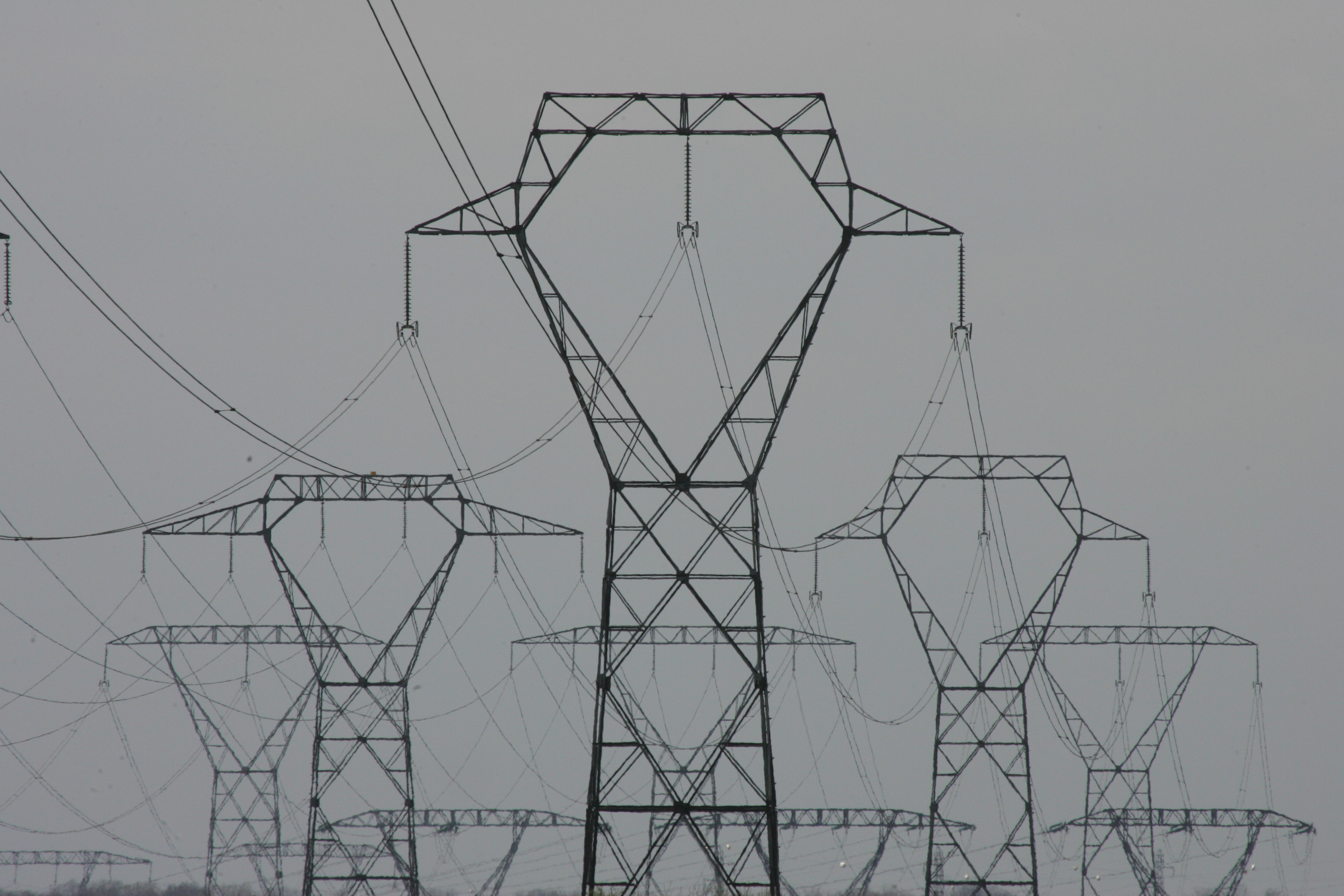CAIRO: An Egyptian judge on Monday asked to see minutes of a meeting when a decision was taken to cut mobile and internet services during an uprising that toppled president Hosni Mubarak, a move that could draw the ruling military into the controversy.
Mubarak and Egypt’s former prime minister and interior minister were fined a total of LE 540 million ($91 million) in May for cutting mobile services, in what was described as a bid to disrupt mass protests across the country.
The three are appealing against the fine, saying other officials, including the head of Egypt’s current ruling military council, were all present at a ministerial meeting that took the decision, and shared responsibility.
Judge Magdy Hussein El-Agaty, from the High Administrative Court that is hearing the appeal, adjourned the case until Oct. 3 saying he wanted to read the minutes of the ministerial meeting Mubarak held on Jan. 20, together with a list of the people who attended.
The lawyer for former interior minister Habib El-Adly told the court the decision to fine his client was illegal because it ignored the role played by Field Marshal Mohamed Hussein Tantawy, Egypt’s defense minister at the time of the uprising, and other officials.
Tantawy now heads the Supreme Council of the Armed Forces (SCAF) that took over the running of the country after Mubarak’s ousting.
El-Adly’s lawyer Mohamed Abdel Aziz said Tantawy, as well as Mubarak’s intelligence chief Omar Suleiman and other ministers, were also present at the meeting and responsible for the decision.
Mubarak’s lawyer said mobile and web services were restored once officials saw the protests were peaceful, state-run daily Al-Ahram reported on Monday.
The army has denied Tantawi was involved in the decision.
The military, which has said it had a neutral role in the uprising and only stepped in to protect national security, has faced increasing criticism over its handling of the transition of power after Mubarak’s ousting.
About 850 people were killed during 18 days of protests that toppled Mubarak, and more than 6,000 were wounded by live ammunition, rubber bullets, water cannons and batons.
Activists used text messages and websites including Facebook to organize the protests.
Telecoms operator Vodafone said in January it and other mobile operators had to comply with an order from the authorities to suspend services in parts of the country during the peak of the anti-government demonstrations.
Judge El-Agaty said he also wanted to adjourn the hearing to read a non-binding report by a judicial panel.
The report said the fine should be overturned because the suit had not spelled out what damages were caused by the communications shutdown, the state news agency reported.
In May, the court ruled that Mubarak and the ministers were guilty of "causing damage to the national economy" and the fines would be paid to the country’s treasury.
Egypt’s communications and information ministry said it would have to compensate mobile operators for losses caused by the service disruption.
Mubarak went on trial last week charged with conspiring to kill protesters and other crimes. He was wheeled into court lying on a hospital bed, and was kept inside a cage during the hearing.
Lawyers for Mubarak, El-Adly and victims in that case called for Tantawy and Chief of Staff Sami Anan to give testimony, a move that analysts say could open the military up to further scrutiny.

